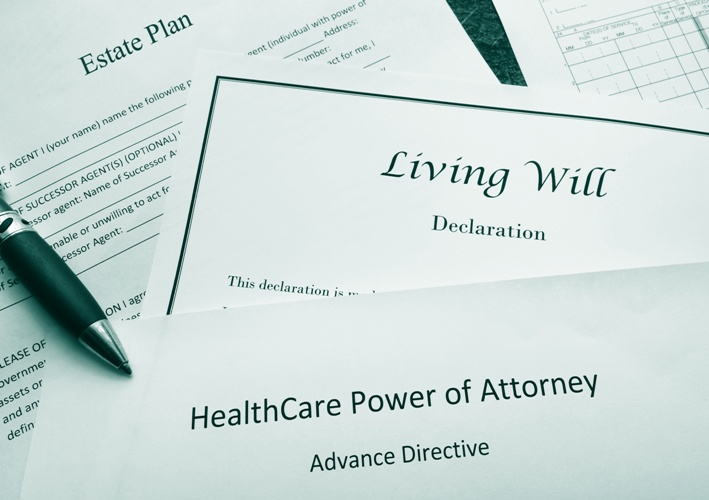Estate planning is not just for the wealthy — it’s for anyone who wants to protect their loved ones, their assets, and their legacy. In Florida, having the right legal documents in place is crucial to avoid delays, disputes, and probate issues.
Whether you’re just starting or reviewing your existing plan, this guide outlines the Florida estate planning checklist you need to follow. These key estate planning tips Florida residents should know will help you avoid probate in Florida and ensure peace of mind.
Why Estate Planning Matters in Florida
Florida has unique laws that affect how your estate is distributed, including homestead protection, intestate succession rules, and probate court procedures. Without proper documentation, your loved ones may face legal delays, unexpected taxes, or court battles.
1. Last Will and Testament
Your Will is the cornerstone of any estate plan. It outlines:
- How your assets will be distributed
- Who will serve as guardian for your minor children
- Who will be your executor (personal representative)
Florida Tip:
If you don’t have a valid will, your estate will be distributed according to Florida’s intestate laws — which may not reflect your wishes.
2. Revocable Living Trust
A Revocable Living Trust helps you avoid probate and maintain privacy. It allows you to:
- Manage your assets while you’re alive
- Designate how they’re distributed after death
- Appoint a successor trustee
This is especially important if you own property in multiple states or want to streamline the transfer of assets.
Keyword Boost:
A trust is one of the best ways to avoid probate in Florida.
3. Durable Power of Attorney
This document allows someone you trust to manage your financial and legal matters if you become incapacitated.
A Durable Power of Attorney in Florida must meet specific statutory requirements to be valid — including proper execution and notarization.
4. Healthcare Surrogate Designation
This lets you name a person to make medical decisions for you if you’re unable to do so. It’s often paired with:
- Living Will: States your wishes for end-of-life care
- HIPAA Authorization: Gives access to your medical records
5. Beneficiary Designations
Some assets — like life insurance, retirement accounts, and payable-on-death (POD) bank accounts — bypass your will. Make sure your beneficiary designations are:
- Up to date
- In alignment with your overall estate plan
- Documented and easily accessible
6. Deed Planning for Real Estate
Florida homeowners can benefit from:
- Lady Bird Deeds (enhanced life estate deeds)
- Joint Tenancy with Right of Survivorship
These tools can help transfer property without probate.
Florida Estate Planning Checklist
✅ Last Will and Testament
✅ Revocable Living Trust
✅ Durable Power of Attorney
✅ Healthcare Surrogate + Living Will
✅ Updated Beneficiary Designations
✅ Real Estate Deed Review
✅ List of Digital Assets & Logins
✅ Regular Review with an Estate Attorney
FAQs
1. What documents are most important in Florida estate planning?
The essentials include a Will, Living Trust, Durable Power of Attorney, and Healthcare Surrogate Designation. These protect your wishes and your loved ones.
2. How can I avoid probate in Florida?
Using a Revocable Living Trust, Lady Bird Deeds, and proper beneficiary designations are the most effective ways to avoid probate.
3. Do I need both a Will and a Trust?
Yes — a Will covers any assets not transferred to your Trust. The Trust helps you avoid probate, while the Will acts as a safety net.
4. How often should I update my estate plan?
Every 3–5 years, or after major life events like marriage, divorce, new children, or acquiring property.
At Lumsden Law, we help individuals and families navigate Florida’s complex estate planning laws with confidence. Whether you’re starting fresh or updating your plan, our experts can guide you through every step of the process.
Contact us today to secure your legacy and give your loved ones peace of mind.

